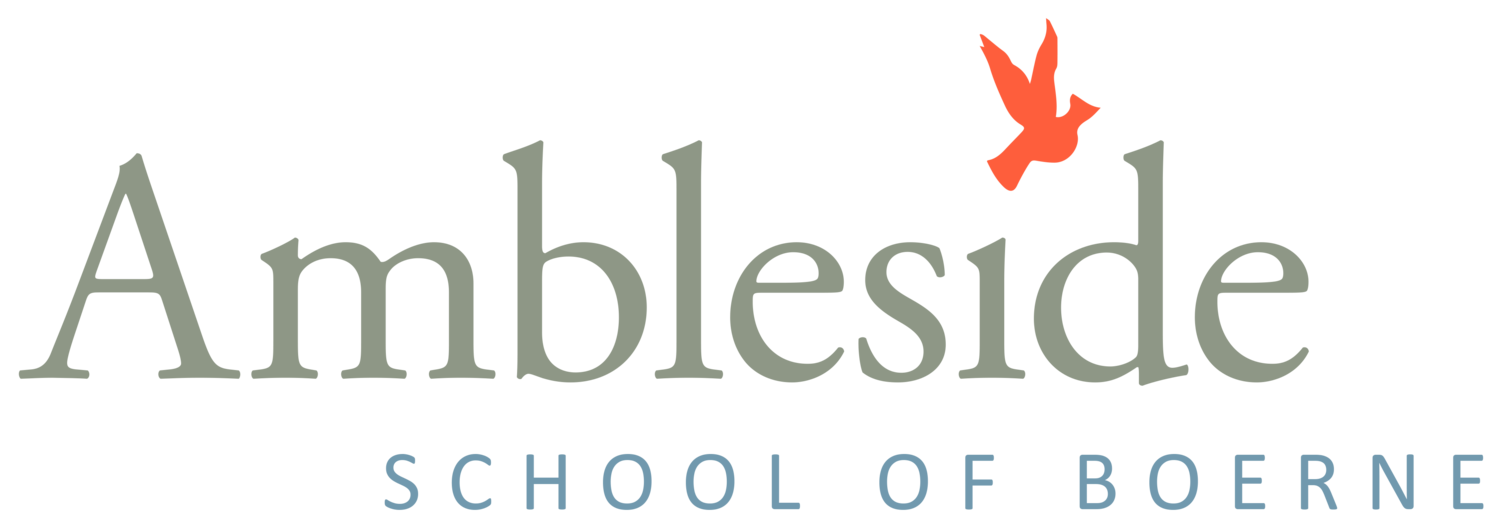Chapter 10: What is a Habit?
“Habits are to life as rails are to a train.” Habit is a propensity to respond to a given situation in a certain way without having to think about it. When a habit is formed, a change takes place in the brain; neurons that fire together wire together (Hebb’s Law). By intentionally and carefully forming new habits in children, we can “lift them above their natures,” freeing them from negative propensities. Focused attention is the most important educational habit to be formed because that to which we give attention, we come to know.
Chapter 11: Training Good Habits
“When we learn a new habit, we get a new brain.” Neuroplasticity means the brain is moldable; it actually physically changes as we learn. If you are an adult with children, you are training them in habit, for good or for bad. You are fixing the rails of a child’s life, and it’s much easier to lay those rails well the first time. Caring adults can intentionally cultivate habits in a relational way so that children grow in habits such as focused attention, neat and accurate work, asking questions, respecting others, working hard, and recovering from emotional distress.
Chapter 12: Building a Working Alliance
Healthy habit formation occurs when a joyful adult comes alongside a child to help them learn a new habit. We can’t lay down a good habit if we are filled with anxiety, because then the child focuses on protecting themselves from us or making us happy. Children also don’t learn habits well from lectures or punitive measures. They require a caring adult to create a friendly alliance with them, sow a new idea, and offer to help them form a new habit because it is in the child’s best interest to do so.
